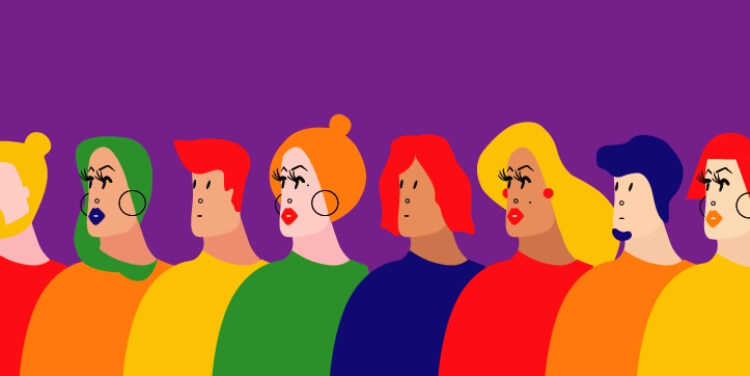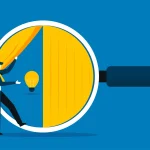C.S. Lewis once said to his goddaughter, “… some day you will be old enough to start reading fairy tales again.” Surprisingly, I found that to be true in my own life when I re-read The Chronicles of Narnia in my early-twenties. I actually appreciated them more whilst reading them as an adult than I ever did as a child. More than a decade later, it has become a sort of personal ritual—to read the entire Chronicles from time to time. Each time I do, I always find some gem tucked away in a chapter.
This time around, as always, Lewis didn’t fail to surprise me. In the unassuming third book The Horse and His Boy, I found this little nugget of wisdom.
“Rabadash,” said Aslan. “Take heed. Your doom is very near, but you may still avoid it. Forget your pride (what have you to be proud of?) and your anger (who has done you wrong?) and accept the mercy of these good kings.”
Those words—Forget your pride (what have you to be proud of?) and your anger (who has done you wrong?)—kept returning to my mind days after I read the story. And it reminded me of the archetypal “angry young man” one encounters everywhere these days. I say man, but I’ve met equal swathes of women with similar attitudes so I’m not restricting myself to the male of our species. Even I have my fair share of temper tantrums; I just call it “moodiness”.
Forgetting or letting go of my position as the centre of the story, the prima ballerina if you will, and stepping back into relative obscurity does not sit well with my ego, which likes to be stroked.
We women can and do walk around with chips on our shoulders just like men do; all of us (men and women) suffer from excessive pride (fondly embracing an inflated impression of ourselves) and react in varying degrees of anger (from mild annoyance to speechless/violent rage). Nine times out of ten, we justify both vices to ourselves—placing the blame on other people, family upbringing, circumstances, genes, fate, anything else but ourselves. We even laud ourselves for our “drive” and “single-mindedness”; putting a positive spin on un-commendable behaviour and attitude. We refuse to take responsibility for the consequences of our narcissism.
I think if we ever took the time to honestly answer those two simple questions—what have you to be proud of and who has done you wrong—we might find those outsized chips on our shoulders suddenly falling off. We wouldn’t nurse our self-pity if we answered them truthfully. When I feel offended and put upon, when I sense ire rise within, when I feel a sense of annoyance with the rest of humanity (or just my family for nagging me), when I feel that I deserve better, when I’m angry with life for the lemons it hands me, or even when I look at others condescendingly, if I could stop myself in that moment and honestly search my soul for the answers to those questions, I might actually make a better difference.
Every time I’ve answered them, the answers have been the same. What have I to be proud of? Nothing. (Not in a derogatory way, but more as a matter-of-fact understanding that I brought nothing into this world and I can take nothing out of it). Who has done me wrong? No one. (Of course I can say that the guy at the government office who made me run around to get some work done was a pain and did do me wrong, but again, the question is deeper and more fundamental, so the answer is that in the grander scheme of things, no one has ever done me any wrong).
If we ever took the time to honestly answer those two simple questions—what have you to be proud of and who has done you wrong—we might find those outsized chips on our shoulders suddenly falling off.
I think, most of us, if we were being brutally honest would have the same responses. So then, it naturally follows that I now have a choice to either continue my destructive behaviour or as Aslan says, “forget” my pride and anger.
That is not an easy choice by half! Forgetting or letting go of my position as the centre of the story, the prima ballerina if you will, and stepping back into relative obscurity does not sit well with my ego, which likes to be stroked. Those chips on my shoulders like to be reaffirmed, not disavowed.
Maybe this is too simplistic, but the way I see it, initiating and continuing conflict is easy. It’s ending it that takes courage, strength, determination, and a cool head. Perhaps then one might actually have something to be proud of!






